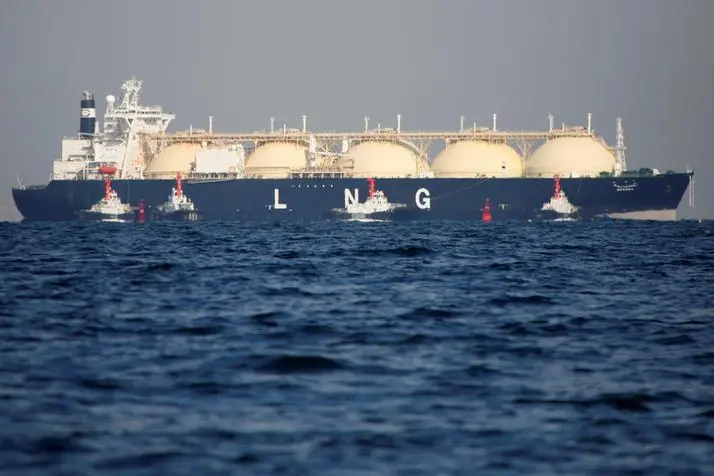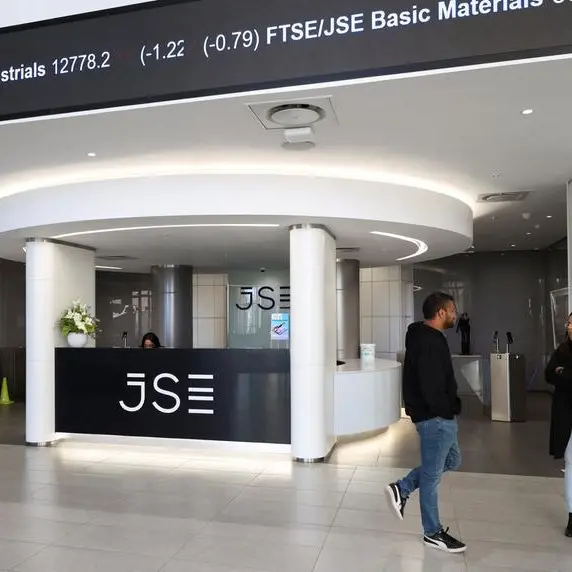PHOTO
LONDON - Asian spot liquefied natural gas (LNG) prices were up this week on some procurement activity by Japanese, Korean and Indian buyers, while players were waiting to see whether possible lockdown easing in China would renew demand for spot cargoes.
This has accordingly narrowed the spread with European gas prices on the Dutch TTF hub, which went down as fears over significant supply cuts from Russia are easing.
The average LNG price for July delivery into north-east Asia was estimated at $23.4 per metric million British thermal units (mmBtu), up $1, or 4.5% from the previous week, industry sources said.
"Japan, Korea and India have been doing a good job keeping the market buoyant, with a number of fresh tenders from the subcontinent and some spot forward cargoes taken," said Toby Copson, global head of trading and advisory at Trident LNG.
He added that everyone is watching whether the lifting of lockdowns in China would bring renewed interest and demand for spot-forward activity, expecting prices to stay relatively where it is at the low $20s level on the very near term.
In Europe, the continent continued to attract LNG cargoes, with the market being driven by the differing weather dynamics and is expected to attract more volumes on potential cooling demand, said Ryan McKay, commodity strategist at TD Securities.
"Europe continues to get some luck with mild weather in Asia and COVID restrictions in China keeping demand lower and allowing more shipments to reach Europe."
"In the coming weeks as it looks like parts of southern Europe could have the warmest summer in some 10 years, we are expecting Europe to remain the best destination for cargoes." McKay said.
LNG prices for a delivered ex-ship (DES) basis into the Northwest Europe were assessed at $22.336 per mmBtu on Friday, at a discount of $5.75/mmBtu to July price on the Dutch gas TTF hub, said Ciaran Roe, global director of LNG at S&P Global Commodity insights.
He added that the Japan Korea Marker (JKM) moved over $2/mmBtu above Northwest Europe LNG cargo prices, implying that shipments from swing suppliers such as the U.S. could head to North Asia rather than Northwest Europe for late-July and August-delivery cargoes.
"Should Europe wish to continue importing LNG at the levels seen earlier in Q2 then the spread to JKM will need to narrow for cargo prices. Counterweights to this happening are the continued extreme discounts for some European gas hubs against TTF," Roe added.
(Reporting by Marwa Rashad; Editing by Shailesh Kuber)





















